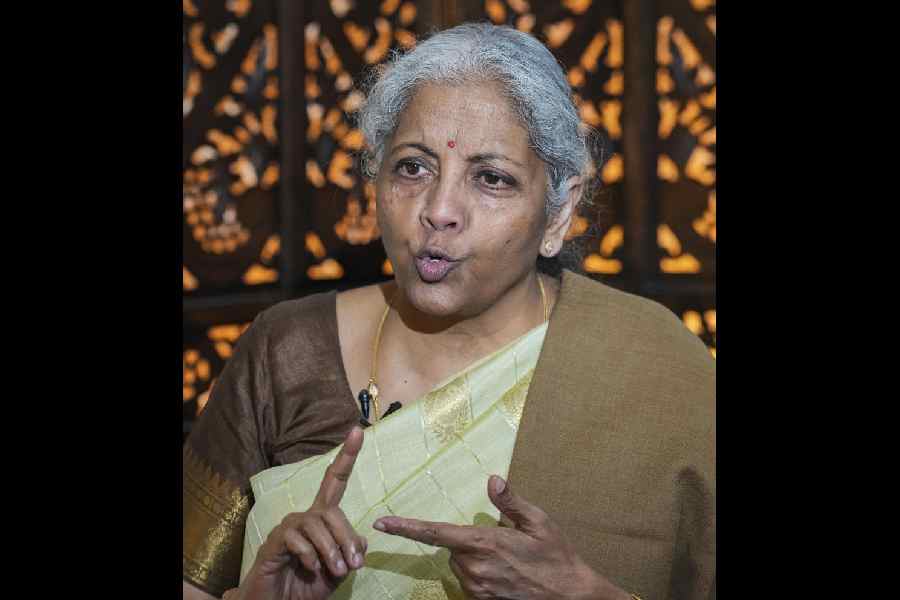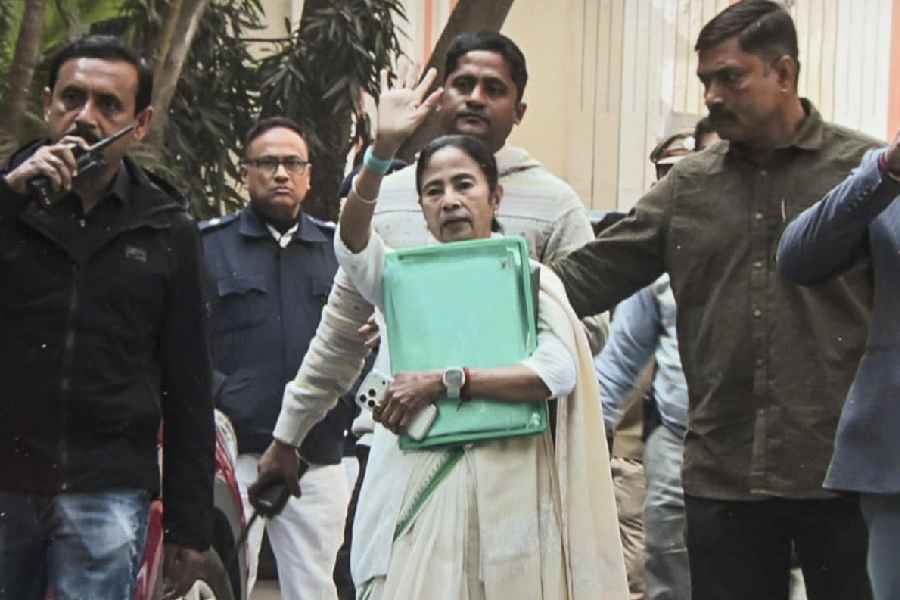A day after India reduced customs duties on a range of products, including Harley-Davidson motorcycles, the US imposed sweeping tariffs on imports from Canada, Mexico and China, leaving India untouched.
The tariff cuts, announced in India’s Budget 2025-26, represent a shift in policy aimed at balancing domestic industry protection with the need for essential imports, finance minister Nirmala Sitharaman said.
“For particular sectors, having high tariffs is not going to help them,” Sitharaman explained. “Even some of the products which are not available in India, they will have to import, and if they have to import, I don’t gain anything by having a high tariff and stopping them from coming into India.”
The finance minister said this was part of a broader effort to boost India’s manufacturing sector and support small- and medium-sized enterprises. “I need to have a balance in the way in which India’s interests —production, manufacturing and MSME capability — are kept in mind,” she said.
Despite repeated criticism from US President Donald Trump, who labelled India the “tariff king,” the country’s latest budget has introduced significant duty cuts that benefit US exports.
While India’s move could improve trade relations with Washington, it comes at a time the United States is ramping up its trade war with key global partners.
While India was not targeted in the latest US tariff action, analysts warn that the country cannot remain insulated from global trade disruptions.
Sitharaman defended the modest increase in capital spending at ₹11.21 lakh crore in the next financial year starting April compared with a lowered ₹10.18 lakh crore in the current fiscal, saying the quality of spending has also to be seen, reports PTI.
“If we are looking at the numbers, because we’ve got used to 16 per cent, 17 per cent increase (in capital spending) every year from 2020, and saying you have not increased it by that number (in the Budget for 2025-26), I would equally want to ask you to please look at how the quality of spending has happened, particularly capital expenditure,” she said.










